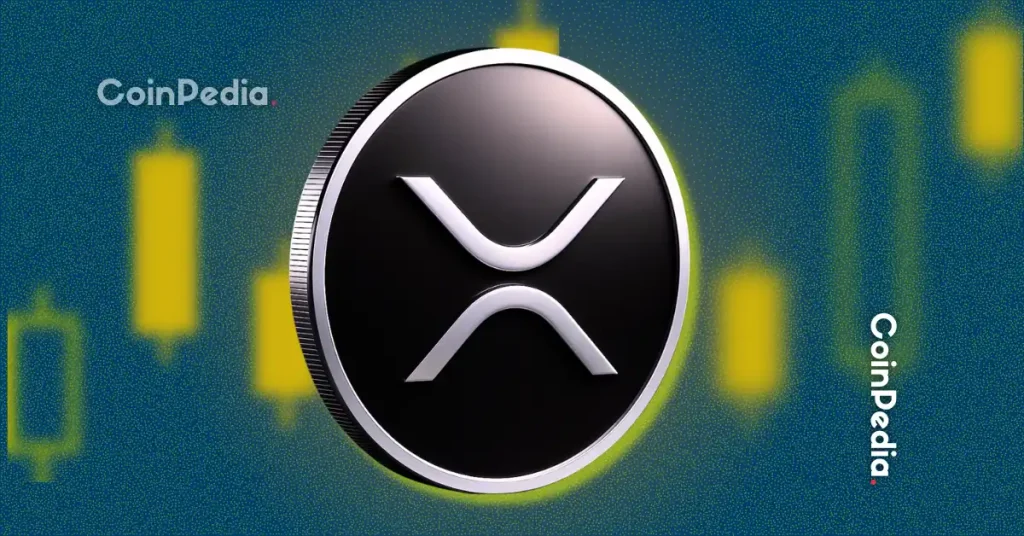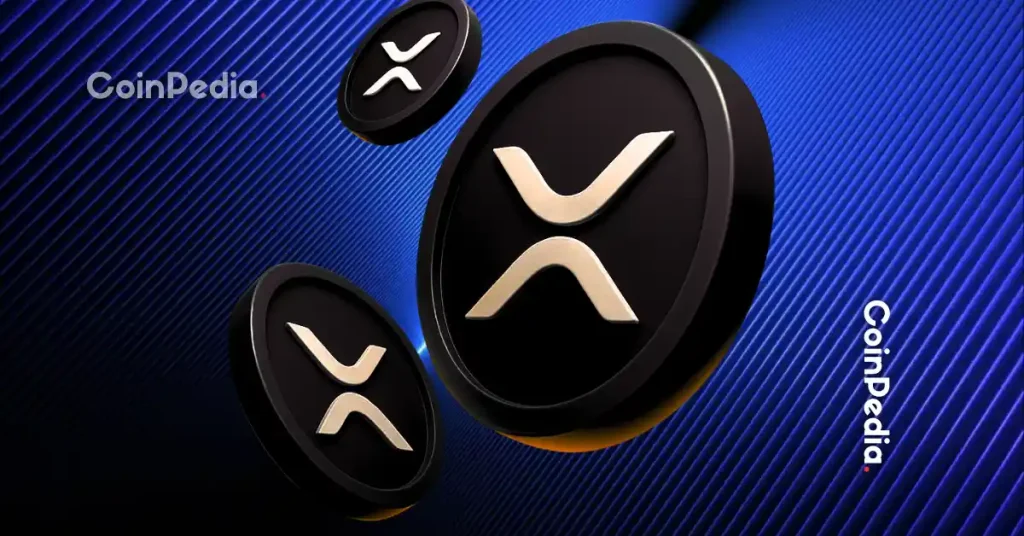
Domestic currency stability
The Reserve Bank of Zimbabwe (RBZ: central bank) will soon introduce a gold-backed digital currency to stabilize its currency, local media The Sunday Mail reported.
RBZ introduces gold-backed digital currency https://t.co/Fy4jNiLVzX
— Sunday Mail Zimbabwe (@SundayMailZim) April 23, 2023
The digital currency, which will be issued backed by RBZ’s holdings of gold and planned to be used as legal tender for domestic transactions, will be led by the government to stabilize the country’s depreciating currency against the US dollar.
According to Bloomberg, the Zimbabwe dollar (ZWL) currently trades at 1,001 ZWL at the official rate, but is commonly traded at 1,750 ZWL on the streets of the capital Harare.
Last July, RBZ launched a 22-carat gold Mosi-oa-Tunya coin to ease demand for the US dollar. A gold digital currency is intended to complement this physical gold coin and provide an alternative means of storing value and trading.
RBZ Governor John Mangudya said Zimbabwe’s demand for foreign currency is a store of value. In order to meet the demand for domestic store of value, the number of physical gold coins will be increased, and digital tokens will be introduced so that gold coins can be purchased with small amounts of ZWL to “leave no one and no one behind”. .
Issuance of 100 Trillion Dollar Notes
In Zimbabwe, the inflation rate has risen sharply since around 2000. Officially, the inflation rate was 355,000% in 2008, but the actual inflation rate was much higher. The issuance of new banknotes and the denomination of currency denominations were repeated, and in January 2009, a 100 trillion Zimbabwe dollar banknote was issued.
In February of the same year, the Zimbabwe dollar was issued after truncating to 12 digits, but the government introduced a multi-currency system, effectively halting circulation of the Zimbabwe dollar.
In June 2019, the Zimbabwean dollar (RTGS dollar) was reintroduced as the sole legal tender, but due to a shortage of paper due to hyperinflation, US dollar banknotes were temporarily allowed to circulate from March 2020, which continues to this day. .
Hyperinflation and stores of value
In relation to crypto assets (virtual currencies), in July 2019, following the government’s ban on foreign currency, in Zimbabwe, the price of bitcoin marked a 600% premium on the P2P trading platform “LocalBitcoins.” (Market price 1BTC = $11,000, recorded $76,000)
connection:Bitcoin price temporarily exceeds 8 million yen in Zimbabwe, Africa | Reason and impact
The rising demand for bitcoin at that time is thought to have been chosen as an asset escape destination that sought to avoid foreign currency funding costs and preserve value.
In the same year, Argentina in South America also saw a trend toward a premium for Bitcoin, although it was not as good as Zimbabwe. In the case of Argentina, the government introduced capital controls on the US dollar in order to stop the continuation of the “decrease in foreign exchange reserves” and the “weak peso.” Bitcoin has a 13% premium.
In terms of inflation, Argentina’s consumer price index in February this year rose 102.5% year-on-year. It was the first time since hyperinflation in 1991 that inflation exceeded 100%. During the crypto market selloff in February this year, BTC fell 34% in dollar terms, while rising 20% in Argentinean pesos.
It has also been pointed out that the country has seen a significant increase in receiving salaries in cryptocurrencies among freelance workers.
Countries with extreme instability in their economies and in their own currencies are more likely to generate flight demand for alternative assets such as Bitcoin and gold.
Globally, the gold price is on a steady upward trend due to growing financial instability, such as the successive bankruptcies of US banks and the acquisition of Credit Suisse, a major financial company, by UBS, a major investment bank. On the other hand, bitcoin, also known as digital gold, rose sharply at the beginning of this month, but has fallen since the middle of last week as the movement of US regulatory authorities has increased uncertainty about the future. .
connection:Cryptocurrencies such as Bitcoin have fallen sharply, and the loss cut is the largest this year
The post Zimbabwe central bank introduces gold-backed digital currency: report appeared first on Our Bitcoin News.

 2 years ago
270
2 years ago
270














 English (US) ·
English (US) ·